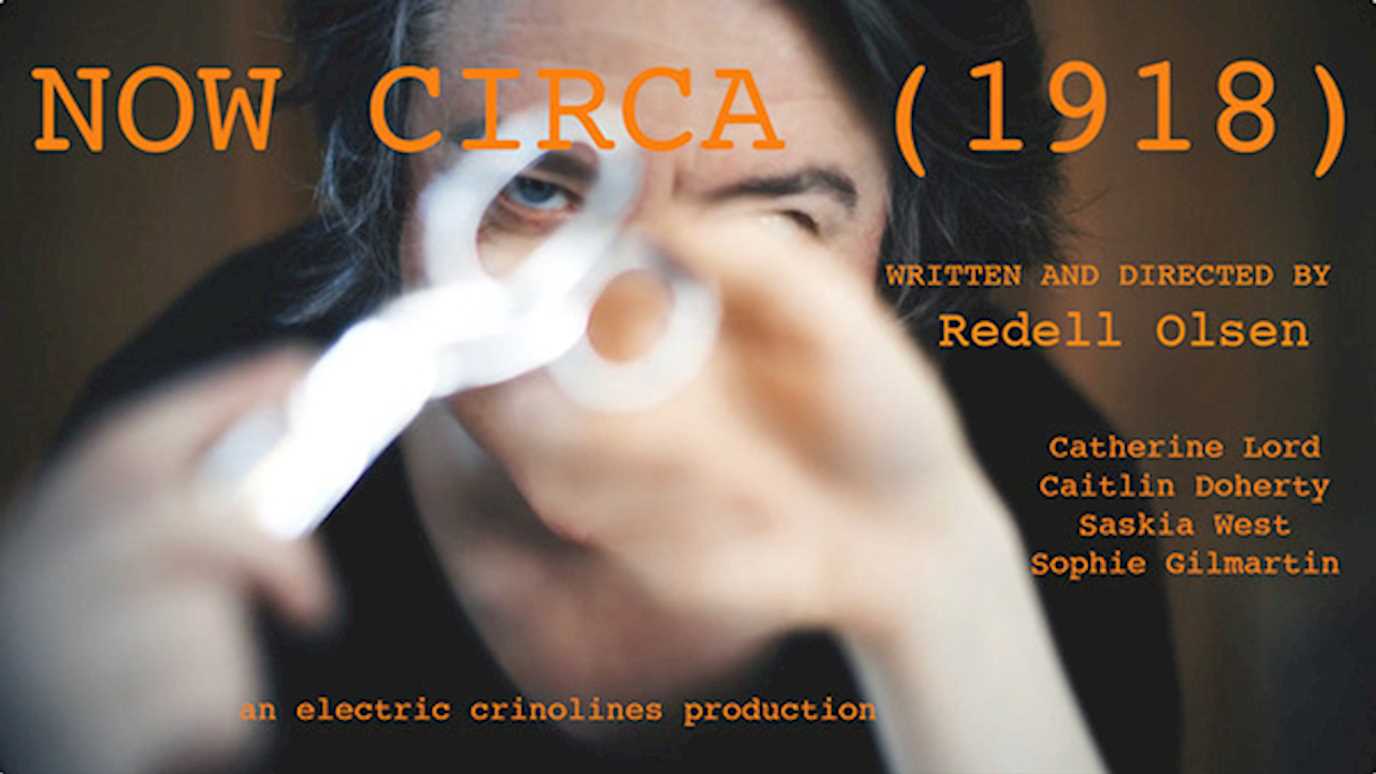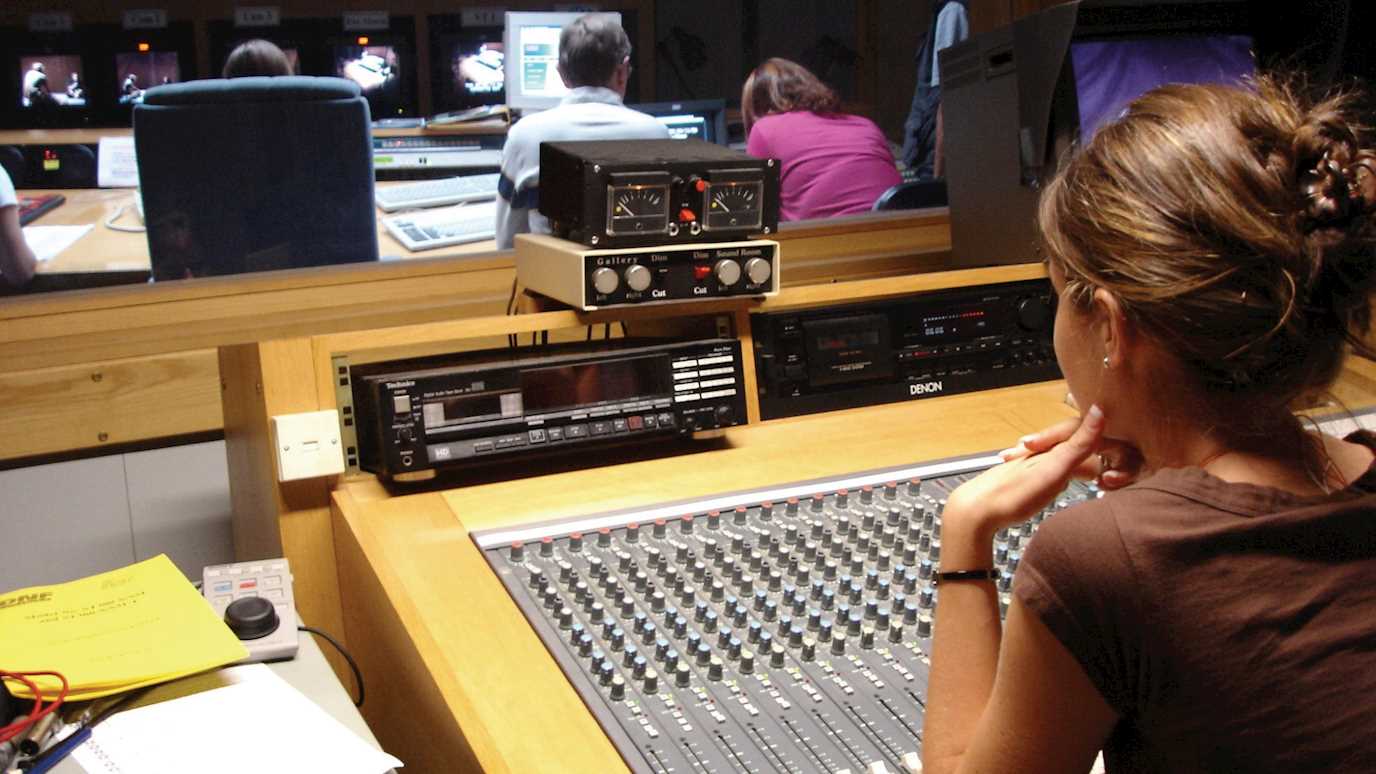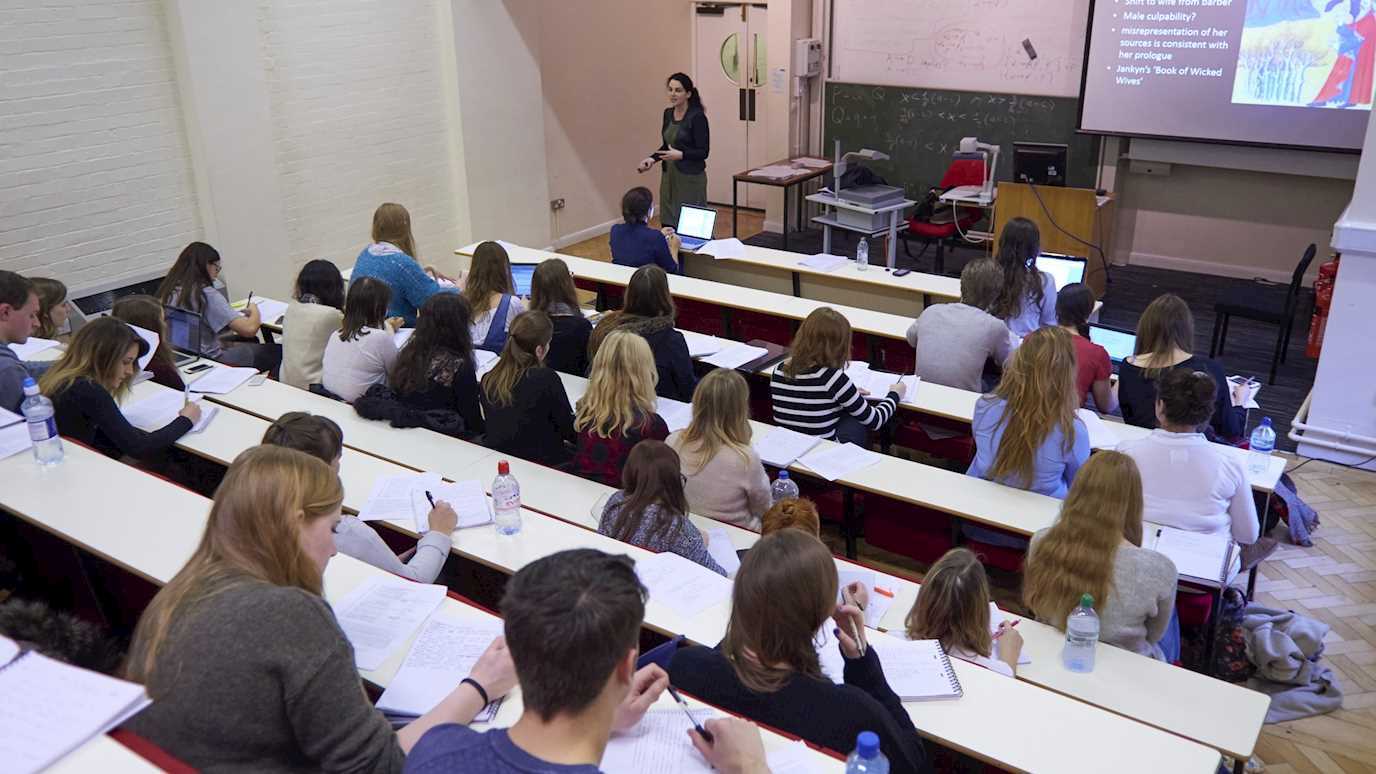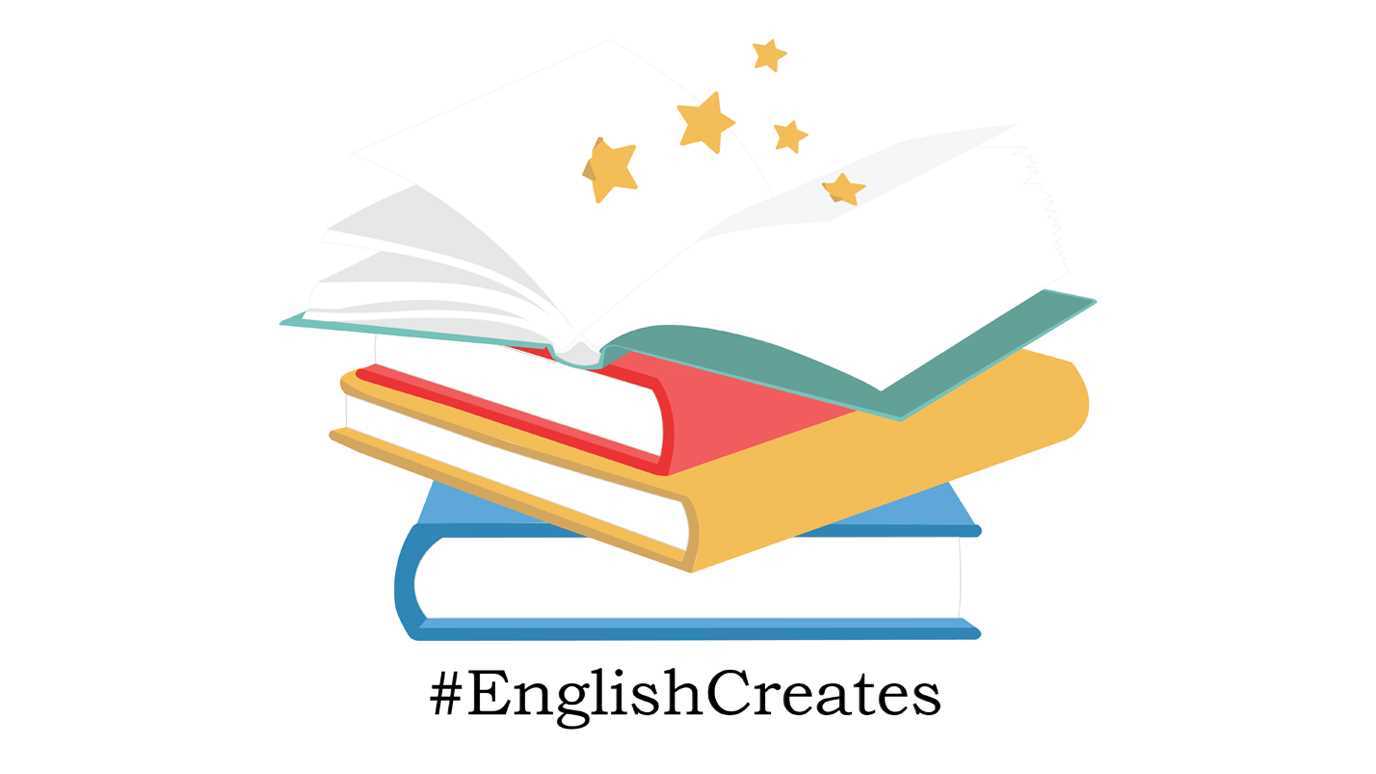Films made by two academics from Royal Holloway, University of London, have been shortlisted for the Arts and Humanities Research Council’s prestigious 2018 Research in Film Awards.

Movie poster
‘Now Circa (1918)’, made by Professor Redell Olsen has been shortlist for the Best Research Film of the Year, while ‘Missed Call’, by Victoria Mapplebeck has been shortlisted for the Social Media Short Award.
Nearly 150 films were submitted for the Awards this year and the overall winner for each category, who will receive £2,000 towards their filmmaking, will be announced at a special ceremony at 195 Piccadilly in London, home of BAFTA, on 8 November.
Launched in 2015, the Research in Film Awards celebrate short films, up to 30 minutes long, that have been made about the arts and humanities and their influence on our lives.
There are five categories in total with four of them aimed at the research community and one open to the public.
Filmmaker and poet Redell Olsen, said: “I am so pleased that ‘Now Circa (1918)’ is included on the shortlist alongside so many other politically engaged films. It is great that the AHRC recognises the creative potential of film to articulate different models of research – including those that break with conventional narrative and documentary forms in the way ‘Now Circa (1918)’ does.”
Olsen’s film, ‘Now Circa (1918)’ explores the one hundred year anniversary of female suffrage in the UK. The film features a double time frame between 1918 and 2018 on the eve of two different protests by women. It offers a poetic and forceful critique of the relationship between the era of the suffragettes and contemporary debates emerging from the #MeToo and Times Up movements. The film quotes extensively from original archival research undertaken at John Rylands Suffrage Collection, Manchester and The Women’s Library, LSE.
Filmmaker Victoria Mapplebeck, said: “Missed Call explores my relationship with my teenage son, as we discuss how we’ll reconnect with his father who’s been absent for a decade. The film begins with the last email his father sent in 2006 and ends with the first phone call to him over a decade later.
“The photos, videos and texts archived in our phones, provide a road map of our digital past. Missed Call explores the ways in which we can collect, curate and share these digital memories, reflecting on how our lives are lived and archived via the phones we hold so close.
She added: “ ‘Missed Call’ is one of the first commissioned films to be shot on the iPhone X. The smartphone has transformed how we document the world we live in, both inside and outside the home. For my son, a smartphone was a lot less intimidating than a larger camera and I find the increased access and spontaneity of filming with the iPhone X completely liberating.”
Mike Collins, Head of Communications at the Arts and Humanities Research Council, said: "The standard of filmmaking in this year's Research in Film Awards has been exceptionally high and the range of themes covered span the whole breadth of arts and humanities subjects.
"While watching the films I was so impressed by the careful attention to detail and rich storytelling that the filmmakers had used to engage their audiences. The quality of the shortlisted films further demonstrates the fantastic potential of using film as a way to communicate and engage people with academic research. Above all, the shortlist showcases the art of filmmaking as a way of helping us to understand the world that we live in today."
A team of judges watched the long-listed films in each of the categories to select the shortlist and ultimately the winner. Key criteria included looking at how the filmmakers came up with creative ways of telling stories – either factual or fictional – on camera that capture the importance of arts and humanities research to all of our lives.
Judges for the 2018 Research in Film Awards include Joanna Norman, Director of the V&A Research Institute, Steve Harding-Hill, Creative Director in Commercials and Short Form at Aardman Animation and Dorothy Byrne, Head of News & Current Affairs, Channel 4 News.
The winning films will be shared on the Arts and Humanities Research Council website and YouTube channel. On 8 November you’ll be able to follow the fortunes of the shortlisted films on Twitter via the hashtag #RIFA2018.


























